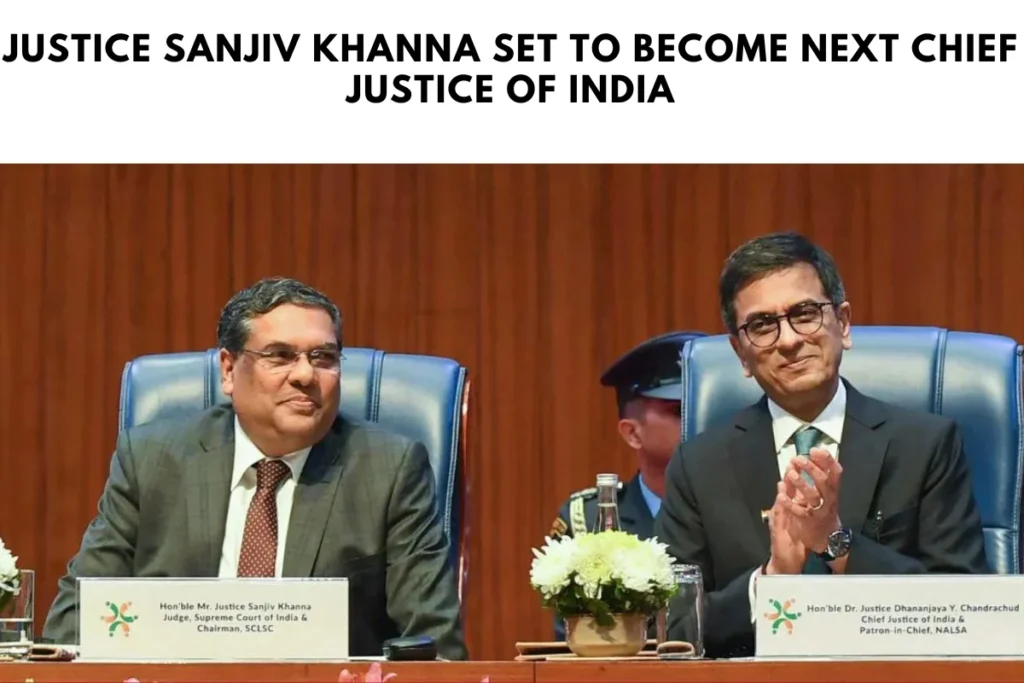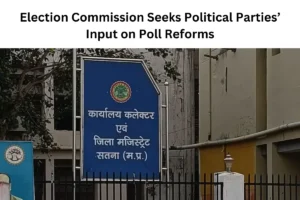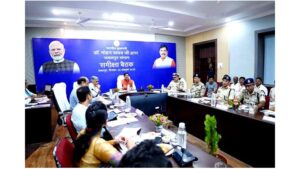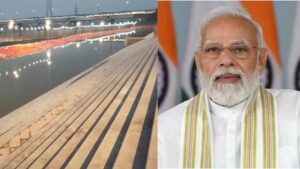
Justice Sanjiv Khanna Recommended to Succeed CJI Chandrachud
Chief Justice of India (CJI) D.Y. Chandrachud has officially recommended Justice Sanjiv Khanna as his successor. This recommendation was sent to the Union government on Wednesday. Justice Khanna will step into the role when CJI Chandrachud retires on November 10, 2024. His tenure will last until May 13, 2025.
Justice Chandrachud handed the letter of recommendation to Justice Khanna personally. This came after the central government requested him to name his successor in a letter sent on October 12. The process follows a long-standing tradition where the law ministry asks the CJI to nominate the next chief a month before retirement.
As per the rules governing judicial appointments, the senior-most Supreme Court judge, deemed suitable, is recommended. The government is expected to issue a formal notification confirming Justice Khanna’s appointment soon. He will officially take over as Chief Justice on November 11, 2024.
A Distinguished Legal Career
Justice Sanjiv Khanna has had a long and successful legal career. He began practicing law in 1983, starting at the Tis Hazari district courts in Delhi. He later expanded his practice to the Delhi High Court, where he specialized in constitutional law, arbitration, and commercial law.
Throughout his career, Justice Khanna held key positions. He served as senior standing counsel for the Income Tax department and standing counsel for the National Capital Territory of Delhi. He also worked as an additional public prosecutor in many criminal cases.
In 2005, Justice Khanna was appointed an additional judge of the Delhi High Court. A year later, he became a permanent judge. His contributions extended to judicial education, including roles in the Delhi Judicial Academy and the Delhi International Arbitration Centre.
In 2019, Justice Khanna was appointed to the Supreme Court without serving as a high court chief justice, a rare path in Indian judicial appointments.
Landmark Judgments
Justice Khanna has presided over several important cases in the Supreme Court. He granted interim bail to former Delhi Chief Minister Arvind Kejriwal, allowing him to campaign during the Lok Sabha elections. In another key case, Justice Khanna ruled that delays in legal proceedings under the Prevention of Money Laundering Act (PMLA) could justify bail.
He also led a bench that ruled against the request for 100% Voter Verifiable Paper Audit Trail (VVPAT) verification. His ruling upheld the accuracy of electronic voting machines (EVMs) and emphasized their efficiency in vote counting.
Justice Khanna made significant contributions to transparency in political donations. He was part of the bench that declared the electoral bond scheme unconstitutional. This judgment ensured that anonymous donations to political parties violate the public’s right to information.
Other Significant Contributions
In 2023, Justice Khanna played a key role in the Shilpa Sailesh vs Varun Sreenivasan case. He upheld the Supreme Court’s authority to grant divorces under Article 142 when marriages are beyond repair. His ruling emphasized delivering complete justice in marital disputes.
In his 2019 judgment, known as the “RTI case,” Justice Khanna balanced the need for transparency with the privacy rights of judges. He ruled that public interest must be considered on a case-by-case basis when seeking information under the Right to Information Act.
Justice Khanna has also taken on leadership roles. He chaired the Supreme Court Legal Services Committee and currently serves as the executive chairman of the National Legal Services Authority (NALSA). His dedication to legal service continues to shape India’s judiciary
for more updates follow ANN MEDIA on facebook , X , Instagram and Linkedin







